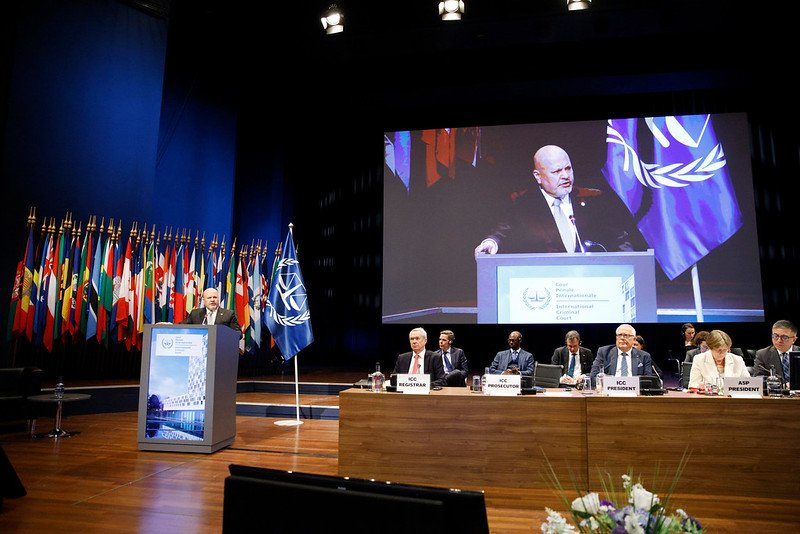The International Criminal Court (ICC) recently concluded its 21st session at the World Forum in The Hague, Netherlands. Among the key outcomes of the assembly were the adoption of five resolutions and the approval of the court’s 2022 program budget.
One of the resolutions adopted by the ICC assembly was on the program budget for 2022, which amounted to €154,855,000 and will fund the court’s operations for the year. The budget also included a staffing level of 976, reflecting the ICC’s continued growth as an institution.
Another important resolution passed by consensus was the review of the ICC and the Rome Statute system. The assembly discussed the progress made by the court in prosecuting international crimes, as well as the challenges it faces in implementing its mandate. The review also highlighted the need for continued support and cooperation from member states in the fight against impunity.
The assembly also considered the outcome of the work of the Study Group on Governance and the recommendations of the Group of Independent Experts. The resolution on strengthening the ICC and the Assembly of States Parties underscored the importance of enhancing the court’s capacity and efficiency, as well as the need to address gaps in its governance structure.
In addition to these resolutions, the ICC assembly elected five members of the Board of Directors of the Trust Fund of Victims for a term of three years. The elected members included representatives from Bangladesh, Ireland, Estonia, Dominican Republic, and Sierra Leone.
Overall, the ICC’s 21st session was an important milestone for the court, highlighting its continued commitment to holding perpetrators of international crimes accountable and promoting justice for victims. As the ICC enters its third decade of existence, it will face new challenges and opportunities in fulfilling its mandate, and the resolutions adopted at this session will play a critical role in shaping the court’s future direction.

